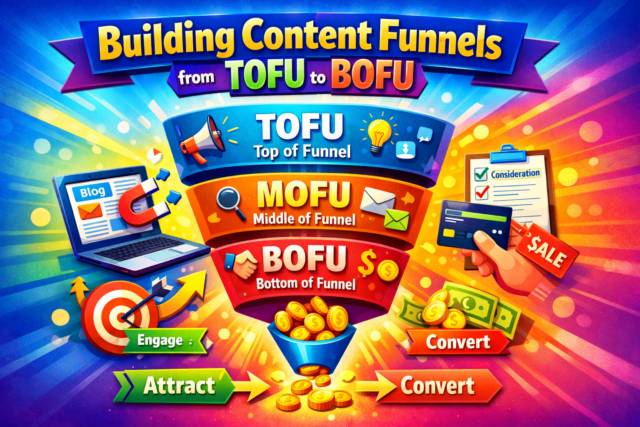Keeping up with the latest WordPress updates is essential for your website’s smooth functioning. However, updating to the newest version can sometimes lead to website downtime, which can be frustrating and potentially costly. This article will explore why a website may go down after a WordPress version update and what steps you can take to prevent this.
-
Plugin and Theme Compatibility Issues
One of the most common reasons for website downtime after a WordPress update is compatibility issues with plugins and themes. Different developers develop plugins and articles; sometimes, they may not be compatible with the latest WordPress update. This can lead to conflicts and errors, resulting in website downtime.
To prevent this from happening, you should always check if your plugins and themes are compatible with the latest version of WordPress before updating. You can check the plugin or theme developer’s website or contact their support team.
-
Outdated PHP WordPress Version
Another reason your website may go down after a WordPress update is an outdated PHP version. PHP is the scripting language on which WordPress is built, and obsolete versions can cause compatibility issues with the latest WordPress update, resulting in website downtime and errors.
To prevent this from happening, you should always ensure that your website is running on the latest version of PHP. You can check your PHP version by logging into your hosting account and navigating to the server settings.
43.1% of all websites are built on WordPress.
-
Server Configuration Issues
Server configuration issues can also lead to website downtime after a WordPress update. If your server is not configured correctly, it may be unable to handle the latest version of WordPress, resulting in website downtime.</p> <p>To prevent this from happening, you should always ensure that your server is configured correctly and meets the requirements for running the latest version of WordPress. You can check the WordPress requirements on their official website or by contacting your hosting provider.
-
Incomplete Update
Sometimes, website downtime after a WordPress version update can be caused by an incomplete update. If the update process is interrupted or incomplete, it can result in website downtime and errors.
To prevent this from happening, you should always ensure that your website is fully backed up before updating to the latest version of WordPress. This will ensure you can quickly revert to the previous version if something goes wrong during the update process.
-
Security Issues
Finally, website downtime after a WordPress version update can be caused by security issues. If your website is not secured correctly, it can be vulnerable to hacks and attacks, resulting in website downtime.
To prevent this from happening, you should always ensure that your website is properly secured. You can do this by installing security plugins, keeping your plugins and themes updated, and using strong passwords for your WordPress account.
Conclusion of WordPress Version
In conclusion, website downtime after a WordPress version update can be caused by various issues, including compatibility issues with plugins and themes, outdated PHP versions, server configuration issues, incomplete updates, and security issues. To prevent website downtime, you should always ensure that your plugins and themes are compatible with the latest version of WordPress, your server is configured correctly, your website is fully backed up, and your website is properly secured.
If you experience website downtime after a WordPress update, acting quickly to minimize the impact on your business is essential. You can contact your hosting provider or a WordPress expert to diagnose and fix the issue.
We hope this article has helped you understand why a website may go down after a WordPress update. If you have any questions or concerns, feel free to contact us.





